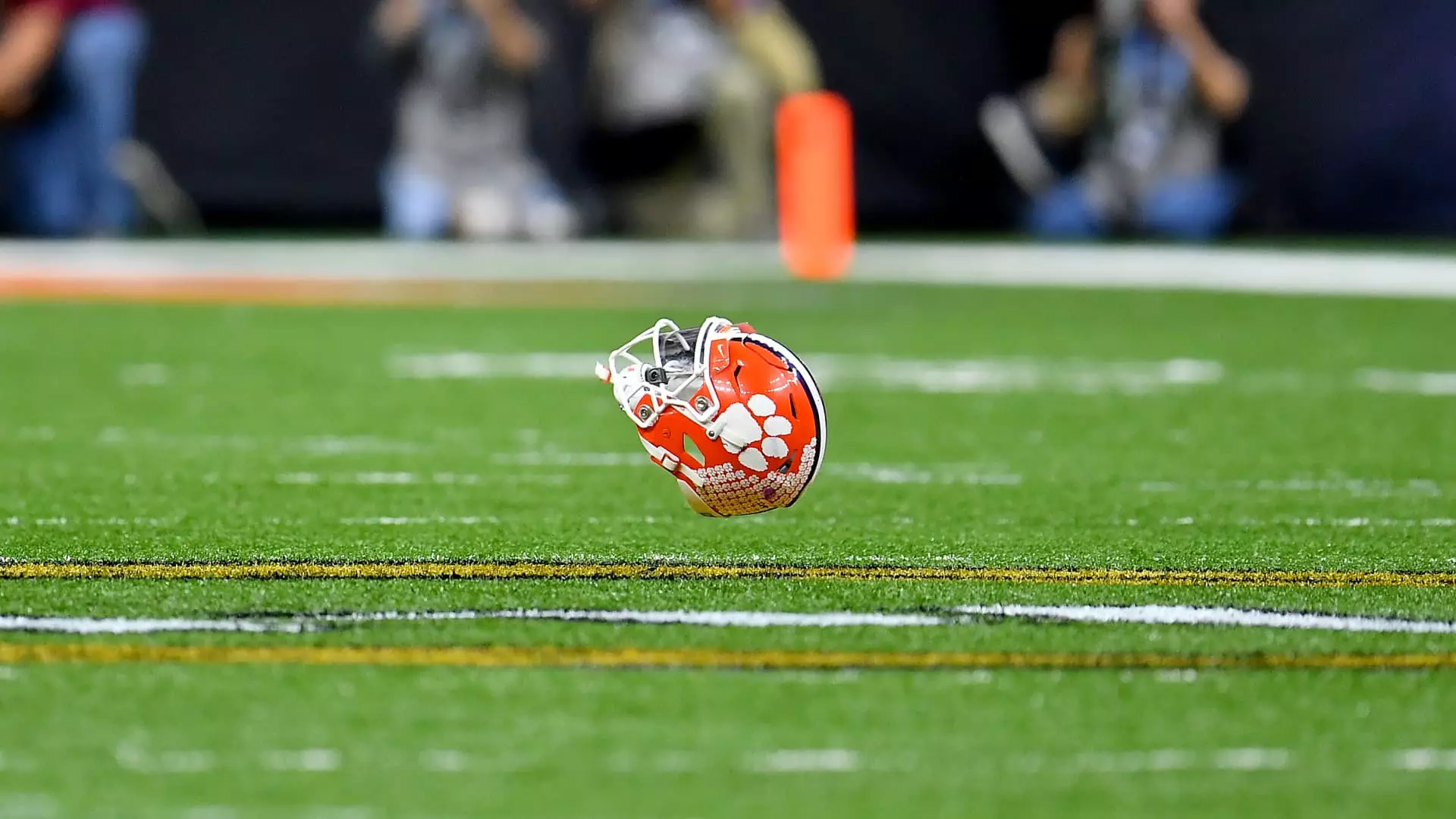In a landscape increasingly dominated by digital content, the recent two-week blackout of Disney’s networks, including ESPN, on DirecTV, serves as a vivid reminder of the fragile relationships that underpin modern entertainment distribution. Starting on September 1, this blackout left over 11 million DirecTV customers without access to popular live sports, including significant events like the U.S. Open and the start of “Monday Night Football.” Here, the urgency of the situation is palpable—not just for consumers deprived of their favorite shows and games but also for businesses that rely on these services for revenue. Many sports bars, restaurants, and small enterprises suffered a loss of clientele as patrons sought alternative viewing options during a critical sports season.
The ramifications of the blackout stretched beyond mere inconveniences. DirecTV found itself entangled in a public relations quagmire, sparking a war of words with Disney. Executives from both companies openly criticized each other, with DirecTV labeling Disney as “anti-consumer” for its negotiation tactics, while Disney countered that DirecTV’s proposals undervalued their programming’s worth.
Ultimately, a resolution was reached just in time for the college football season and the high-profile Emmy Awards, highlighting the pressing nature of the situation. The two companies announced a deal that not only restored Disney’s channels to DirecTV but also set the stage for a more flexible future in broadcasting. According to the joint announcement, the agreement allows DirecTV to offer genre-specific content bundles, which will include streaming options from Disney’s suite of services, namely Disney+, Hulu, and ESPN+. Furthermore, DirecTV secured the right to distribute an upcoming direct-to-consumer service from ESPN, set to launch in the fall of 2025, showing a willingness to adapt to changing consumer preferences in an era of escalating streaming competition.
This aspect of the negotiation reveals a strong shift; as viewers increasingly favor personalized and flexible viewing experiences, DirecTV’s commitment to offering tailored options serves as a pivotal move toward reclaiming market relevance. Many customers have longed for a shift away from large, cumbersome pay-TV packages to more niche offerings that cater to specific interests.
While the negotiations unfolded, the disruption underscored the critical role live sports play in maintaining subscriber engagement for both streaming services and traditional media. Sports are often the lifeblood of cable and satellite subscriptions, making services that provide these events an essential component of any package. With both parties aware of this fact, it became evident that the stakes extended beyond financial figures; consumer loyalty and brand reputation were on the line.
Disney’s ESPN Chairman, Jimmy Pitaro, acknowledged the shared losses each organization experienced during the blackout, emphasizing that an amicable resolution was preferable to damaging the customer experience. The negotiations were further complicated by the looming presence of the political landscape, as the blackout occurred around the time of crucial presidential debates, leaving viewers without access to ABC’s broadcasts in some regions. Disney’s attempt to temporarily allow DirecTV access to its channels during this time fell through, revealing the stubbornness of both sides in what had become a high-stakes chess match.
In a broader context, the blackout is emblematic of the challenges facing the entire pay-TV landscape, wherein consumers increasingly gravitate towards streaming options. The agreements following this dispute—including DirecTV’s plans to highlight its streaming offerings in its marketing campaigns—indicatively suggest that traditional models are evolving. More viewers are looking for a la carte options, allowing them to customize their entertainment experiences. As media giants seek to protect their interests in a rapidly shifting environment, flexibility in offerings and transparent negotiations will become paramount.
Additionally, with the recent scrutiny surrounding antitrust regulations in the media sector, particularly after the judicial hiccup involving the joint streaming venture Venu, the backdrop of these negotiations becomes even more significant. DirecTV’s complaint to the FCC claiming Disney’s failure to negotiate in good faith raises questions about the fairness and structure of future deals, making any forthcoming agreements subject to greater oversight.
Ultimately, the recent DirecTV and Disney agreement marks a significant moment in modern media collaboration. While conflicts may arise from diverging interests, the progress made offers a template for how companies can innovate in service offerings amidst an ever-evolving landscape. By enhancing customer choice through more flexible pricing and bundled options, both entities can recover the viewer base they risked losing and potentially set a new standard for how pay-TV and content providers engage with consumers in the future.

